Home>Garden Essentials>How To Get Basil Seeds
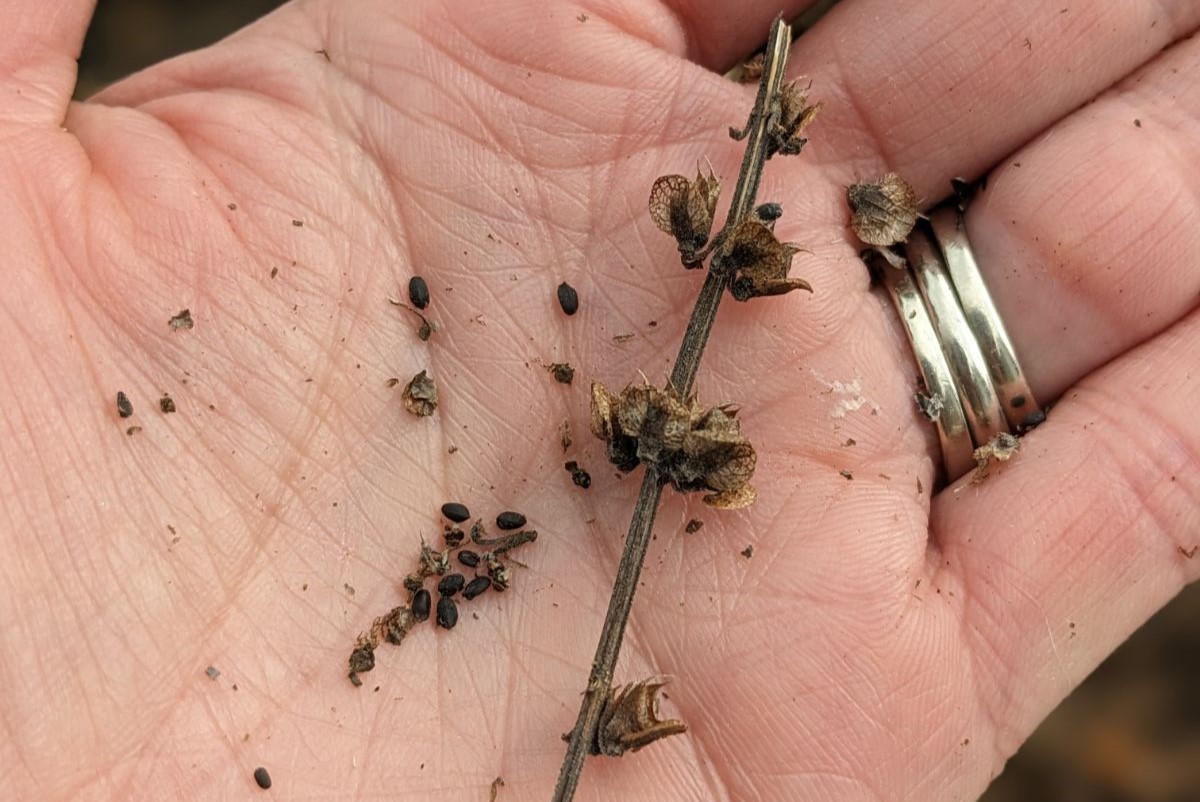

Garden Essentials
How To Get Basil Seeds
Modified: March 15, 2024
Learn how to get basil seeds for your garden and start growing your own fresh herbs. Discover the simple steps to success and enjoy the benefits of homegrown produce.
(Many of the links in this article redirect to a specific reviewed product. Your purchase of these products through affiliate links helps to generate commission for Storables.com, at no extra cost. Learn more)
Introduction
Gardening is a rewarding hobby that allows us to connect with nature and create beautiful spaces. Whether you have a sprawling backyard or a small balcony, growing your own plants can bring joy and satisfaction. If you’re looking to add a versatile and aromatic herb to your garden, basil is an excellent choice. Not only is it easy to grow, but it also offers a plethora of culinary and medicinal benefits. In this article, we will explore the process of obtaining basil seeds, including where to buy them, how to grow basil plants, and how to harvest and store basil seeds for future use.
Basil seeds, also known as “sabja” or “tukmaria” seeds, are derived from the basil plant (Ocimum basilicum). These small, black seeds have a nutty flavor and are commonly used in Asian and Mediterranean cuisines. They are packed with nutrients, including vitamins A and K, iron, magnesium, and omega-3 fatty acids, making them a valuable addition to a healthy diet.
Before you begin your journey to obtaining basil seeds, it’s important to understand where you can purchase them. Basil seeds are readily available in various places, including local nurseries, garden centers, and online seed stores. You can also consider collecting seeds from mature basil plants in your own garden.
Key Takeaways:
- Get basil seeds from local nurseries, online stores, or fellow gardeners. Grow basil in a sunny spot, harvest the seeds, and store them for future planting. Enjoy the health benefits and culinary uses of basil seeds in your dishes!
- Basil seeds offer health benefits like aiding digestion, weight management, and heart health. They can be used in beverages, desserts, and more. Remember to consult a healthcare professional before using them for medicinal purposes.
Read more: How To Get Seeds From Basil
Benefits of Basil Seeds
Basil seeds are not just a flavorful addition to your dishes; they also offer numerous health benefits. Here are some of the key advantages of including basil seeds in your diet:
- Nutrient-rich: Basil seeds are packed with essential nutrients, including vitamins (A, K, and C), minerals (calcium, magnesium, and iron), and antioxidants. These nutrients support overall health and strengthen the immune system.
- Weight management: Basil seeds are often praised for their ability to aid in weight loss. When soaked in water, the seeds swell up and create a feeling of fullness, helping to reduce appetite and control cravings.
- Digestive health: Basil seeds are known for their ability to support digestion. They possess natural detoxifying properties and can help relieve constipation, bloating, and indigestion.
- Heart health: The omega-3 fatty acids found in basil seeds promote heart health by reducing inflammation, lowering cholesterol levels, and protecting against cardiovascular diseases.
- Antioxidant properties: Basil seeds contain significant amounts of antioxidants, such as flavonoids and phenolic compounds, which help fight against free radicals and prevent oxidative damage to cells.
- Diabetic management: Basil seeds have been shown to regulate blood sugar levels and improve insulin sensitivity, making them beneficial for individuals with diabetes.
- Skin and hair health: The antioxidants in basil seeds contribute to healthy skin by reducing signs of aging and protecting against damage from environmental pollutants. They also promote hair growth and strengthen hair follicles.
With these incredible benefits, it’s no wonder that basil seeds have gained popularity in the health and wellness industry. Including them in your daily diet can help you achieve optimal health and well-being.
Where to Buy Basil Seeds
When it comes to obtaining basil seeds, there are several options available to you. Here are some of the best places to buy basil seeds:
- Local nurseries and garden centers: Visit your nearest nurseries or garden centers, as they often carry a variety of herb seeds, including basil seeds. Talk to the staff or horticulturists for advice on selecting the right type of basil seeds for your needs.
- Online seed stores: The internet has made it easier than ever to purchase seeds online. Numerous online seed stores offer a wide range of basil seed varieties. These stores often provide detailed descriptions and customer reviews, helping you make informed decisions.
- Farmers’ markets: Check out local farmers’ markets in your area. Many farmers sell vegetable and herb seeds, including basil seeds, along with their fresh produce. This is a great opportunity to support local growers while getting high-quality seeds.
- Seed exchanges and trade groups: Joining seed exchange programs or trade groups can be a fantastic way to acquire basil seeds. These platforms facilitate seed swapping among gardeners and plant enthusiasts, allowing you to obtain unique and heirloom varieties of basil seeds.
- Friends and fellow gardeners: Connect with fellow gardeners and gardening communities in your area. They may be willing to share their excess basil seeds with you or recommend reliable sources for purchasing seeds.
When purchasing basil seeds, consider factors such as seed quality, variety, and your specific gardening needs. It’s important to choose organic and non-GMO seeds whenever possible to ensure the health and sustainability of your garden.
Remember, growing your own basil from seeds can be a rewarding experience. It allows you to have control over the quality of your herbs and provides an opportunity to explore different basil varieties and flavors. So, get ready to embark on a delightful journey of cultivating and enjoying your own homegrown basil!
Growing Basil and Collecting Seeds
Basil is a relatively easy herb to grow, making it a great choice for both beginner and experienced gardeners. Follow these steps to successfully grow basil and collect seeds for future planting:
- Choose a suitable location: Basil thrives in warm weather and requires plenty of sunlight. Select a spot in your garden that receives at least six hours of direct sunlight each day.
- Prepare the soil: Basil prefers well-draining soil with a pH level between 6.0 and 7.5. If your soil is heavy or clay-like, consider amending it with organic matter, such as compost or aged manure, to improve drainage and nutrient content.
- Sow the seeds: Plant basil seeds directly in the soil after the danger of frost has passed and the soil has warmed up. Sow the seeds about ¼ inch deep and space them 6-12 inches apart, depending on the variety. Gently cover the seeds with soil and water them thoroughly.
- Maintain moisture: Keep the soil consistently moist but not waterlogged. Basil plants require regular watering, especially during dry spells. Avoid overhead watering to prevent disease, and instead, water at the base of the plant.
- Provide support (if needed): Some basil varieties, such as Thai basil or large-leaved varieties, may benefit from staking or a support system. This prevents the plants from bending or breaking as they grow taller.
- Prune and harvest: As your basil plants grow, regularly pinch or prune the leaves to encourage bushier growth. Harvest the leaves as needed by cutting them just above a leaf node. This will promote continuous growth throughout the season.
- Allow flowering: Towards the end of the basil plant’s lifecycle, it will produce small white or purple flowers. Allow some flowers to bloom and mature, as this is where the seeds will form.
- Collect the seeds: Once the basil flowers have dried up and turned brown, it’s time to collect the seeds. Gently rub or shake the flowers over a container to release the small black seeds. Remove any remaining flower parts or debris from the seeds.
- Store the seeds: To store basil seeds for future planting, ensure they are completely dry. Place the seeds in an airtight container or envelope, label it with the variety and date, and store it in a cool, dry place away from direct sunlight.
By following these steps, you can enjoy a bountiful harvest of basil leaves while also saving seeds for next year’s planting. Growing basil from seed is a rewarding process that allows you to witness the full life cycle of the plant.
To get basil seeds, allow the basil plant to flower and go to seed. Once the flowers have dried and turned brown, gently crush them to release the seeds. Collect the seeds and store them in a cool, dry place for future planting.
Harvesting and Storing Basil Seeds
As your basil plants mature and start producing flowers, it’s time to think about harvesting and saving the seeds for future plantings. Follow these steps to successfully harvest and store basil seeds:
- Allow the flowers to fully mature: Basil plants produce small flowers that turn into seed pods. Allow the flowers to bloom and then wait for the seed pods to turn brown and dry out. This indicates that the seeds are ready for harvesting.
- Harvest the seed pods: Once the seed pods are dry, carefully snip them off the plant using pruning shears or scissors. Place the harvested seed pods in a clean container or paper bag to collect any seeds that may fall out during the process.
- Separate the seeds from the seed pods: Once you have collected the seed pods, gently crush them or rub them between your fingers to release the tiny black seeds. Be patient and thorough in separating the seeds from the plant material.
- Clean the seeds: After separating the seeds from the seed pods, transfer them to a fine-mesh sieve or strainer. Rinse the seeds under cool running water to remove any remaining plant debris or residue.
- Dry the seeds: Spread the cleaned basil seeds on a clean, dry paper towel or a flat surface. Allow the seeds to air dry for a few days, ensuring they are completely dry before storing them. Proper drying prevents mold or moisture damage during storage.
- Store the seeds: Once the basil seeds are dry, transfer them to airtight containers or envelopes. Label each container or envelope with the seed variety and the date of harvesting. Store the containers in a cool, dark, and dry place, such as a pantry or a refrigerator. Proper storage conditions help maintain the viability of the seeds for future use.
By following these steps, you can successfully harvest, clean, and store basil seeds for next year’s gardening season. Remember to label your containers to keep track of the variety and harvest date, as this will be helpful when planning your next basil planting.
It’s important to note that basil seeds have a relatively short shelf life compared to other seeds. It’s best to use them within one to two years for optimal germination rates. However, with proper storage, you can still enjoy successful basil seedlings in subsequent years.
Read more: How To Get Basil Seeds From Plant
Culinary Uses of Basil Seeds
Basil seeds, also known as “sabja” or “tukmaria” seeds, are a versatile ingredient that can be used in a variety of culinary creations. Here are some popular ways to incorporate basil seeds into your dishes:
- Beverages: Basil seeds are commonly used in refreshing drinks and beverages. Add soaked basil seeds to lemonade, iced tea, or fruit juices for a burst of flavor and a fun texture. The seeds absorb liquid and become gelatinous, enhancing the drink’s visual appeal.
- Smoothies: Boost the nutritional value of your smoothies by adding a tablespoon of soaked basil seeds. They provide a thick and creamy texture, making your smoothies more satisfying.
- Desserts: Basil seeds can be a delightful addition to desserts. Sprinkle them on top of puddings, ice creams, or yogurt for a crunchy texture and a subtle basil flavor. You can also mix them into batters for cakes, muffins, and bread to add a unique twist.
- Soups and salads: Top your favorite soups and salads with basil seeds to give them a nutritious boost. The seeds add a pleasant crunch and visual interest to the dish. You can also use them as a garnish for vegetable stir-fries and grain bowls.
- Jellies and jams: For a twist on traditional jellies and jams, stir in soaked basil seeds. The gelatinous texture of the seeds complements the sweet and fruity flavors, creating a delightful spread for toast and pastries.
- Puddings and custards: Basil seeds can be used to make delicious and creamy puddings and custards. Combine soaked basil seeds with milk, sweetener, and flavorings of your choice to create a unique and indulgent dessert.
- Breads and crackers: Add a tablespoon or two of soaked basil seeds to bread dough or cracker batter for extra texture and nutrition. They can be incorporated into both sweet and savory baked goods.
- Infused oils and dressings: Create flavorful infused oils and dressings by adding basil seeds to olive oil or vinegar. Let them steep for a few days to infuse the flavors, then strain and use the infused oil or dressing to enhance salads, marinades, or dipping sauces.
Experiment with these ideas and let your creativity flow when using basil seeds in your culinary endeavors. As you explore different recipes, you’ll discover that basil seeds can bring unique textures and flavors to a wide range of dishes.
Remember to soak the basil seeds in water before using them in recipes to achieve their gelatinous texture. Soaking them for about 15-20 minutes will allow the seeds to absorb the liquid and enhance their unique properties.
Medicinal Uses of Basil Seeds
Besides their culinary applications, basil seeds have long been used for their medicinal properties in various traditional systems of medicine. Here are some of the potential health benefits and medicinal uses of basil seeds:
- Digestive aid: Basil seeds are known for their digestive benefits. They can help relieve indigestion, bloating, and constipation. When soaked in water, the mucilage present in the seeds swells up and acts as a natural laxative, promoting healthy bowel movements.
- Aids in weight loss: The high fiber content in basil seeds can help promote satiety and regulate appetite, making them a potential aid in weight loss. When consumed as part of a balanced diet and a healthy lifestyle, basil seeds can contribute to weight management efforts.
- Anti-inflammatory properties: Basil seeds are rich in flavonoids and other compounds that possess anti-inflammatory properties. Consuming basil seeds may help reduce inflammation in the body and alleviate symptoms of inflammatory conditions like arthritis.
- Antioxidant activity: Basil seeds are packed with antioxidants, which help protect cells from damage caused by free radicals. Antioxidants also contribute to overall health and well-being by reducing the risk of chronic diseases such as heart disease and certain types of cancer.
- Regulation of blood sugar levels: Preliminary studies suggest that basil seeds may have a positive impact on blood sugar control. They may help regulate blood glucose levels and improve insulin sensitivity, making them potentially beneficial for individuals with diabetes.
- Relief from respiratory issues: Basil seeds have been traditionally used to help alleviate respiratory problems like coughs, colds, and asthma. They possess expectorant properties that may help loosen and expel phlegm, providing relief from congestion and respiratory discomfort.
- Supports cardiovascular health: The omega-3 fatty acids found in basil seeds contribute to heart health by reducing inflammation, promoting healthy cholesterol levels, and supporting proper functioning of the cardiovascular system.
- Skin health: Basil seeds are believed to have nourishing and rejuvenating effects on the skin. Applying a paste made from basil seeds externally may help soothe skin irritations, reduce acne breakouts, and promote a healthy complexion.
While basil seeds offer potential health benefits, it’s important to note that individual experiences may vary. As with any natural remedy, it’s advisable to consult with a healthcare professional before incorporating basil seeds into your routine, especially if you have any underlying medical conditions or are taking medications.
Please remember that the information provided here is not intended as medical advice and should not replace professional medical care. Always seek guidance from a healthcare professional for personalized advice and guidance regarding your specific health needs.
Conclusion
Basil seeds are not only a delicious addition to your culinary creations but also offer a wide range of health benefits. Whether you are growing your own basil plants or purchasing seeds, incorporating basil seeds into your daily life can enhance both your taste buds and your well-being.
From their nutrient-rich profile to their potential medicinal properties, basil seeds have much to offer. They can support digestion, aid in weight management, reduce inflammation, regulate blood sugar levels, and promote cardiovascular health. Additionally, basil seeds can be used in various ways in the kitchen, adding texture and flavor to beverages, desserts, soups, salads, and more.
When it comes to obtaining basil seeds, you have several options, including local nurseries, online seed stores, farmers’ markets, and seed exchanges. Choose organic and non-GMO seeds whenever possible to ensure the health and sustainability of your garden.
Growing basil plants and collecting seeds is a rewarding experience that allows you to witness the full life cycle of this aromatic herb. With the right care and attention, you can enjoy a bountiful harvest of basil leaves while also saving seeds for future plantings.
Incorporating basil seeds into your daily routine is simple and versatile. Soak the seeds in water to unleash their gelatinous texture, and then add them to a variety of dishes and beverages for added crunch and nutritional value.
While basil seeds offer potential health benefits, it’s essential to remember that they are not a substitute for professional medical advice. If you have specific health concerns or medical conditions, consult with a healthcare professional before incorporating basil seeds into your diet.
So, whether you’re a gardening enthusiast looking to expand your herb collection or someone interested in exploring the culinary and medicinal benefits of basil seeds, now is the perfect time to give them a try. Embrace the goodness of these tiny yet powerful seeds and reap the rewards they have to offer.
Frequently Asked Questions about How To Get Basil Seeds
Was this page helpful?
At Storables.com, we guarantee accurate and reliable information. Our content, validated by Expert Board Contributors, is crafted following stringent Editorial Policies. We're committed to providing you with well-researched, expert-backed insights for all your informational needs.
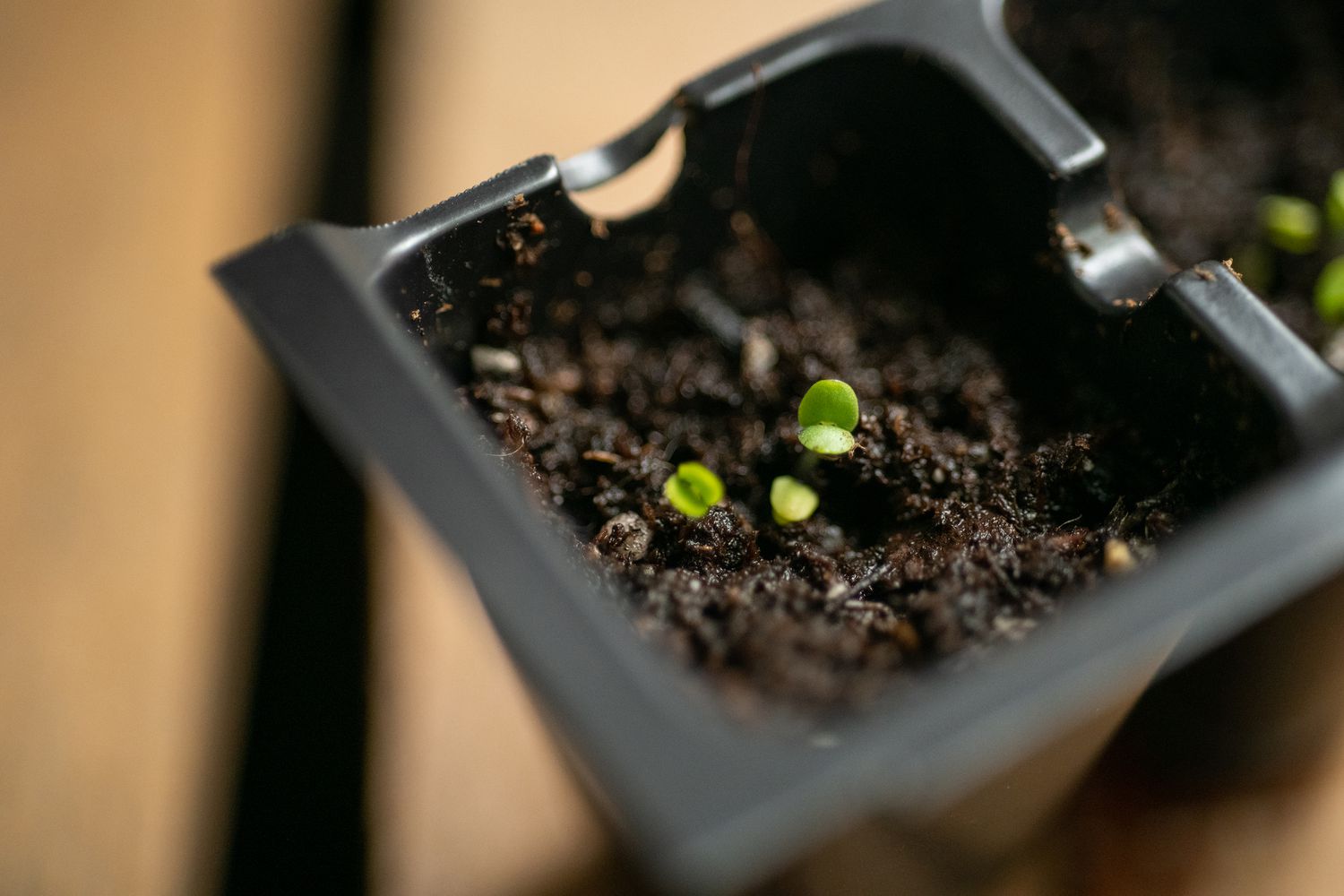
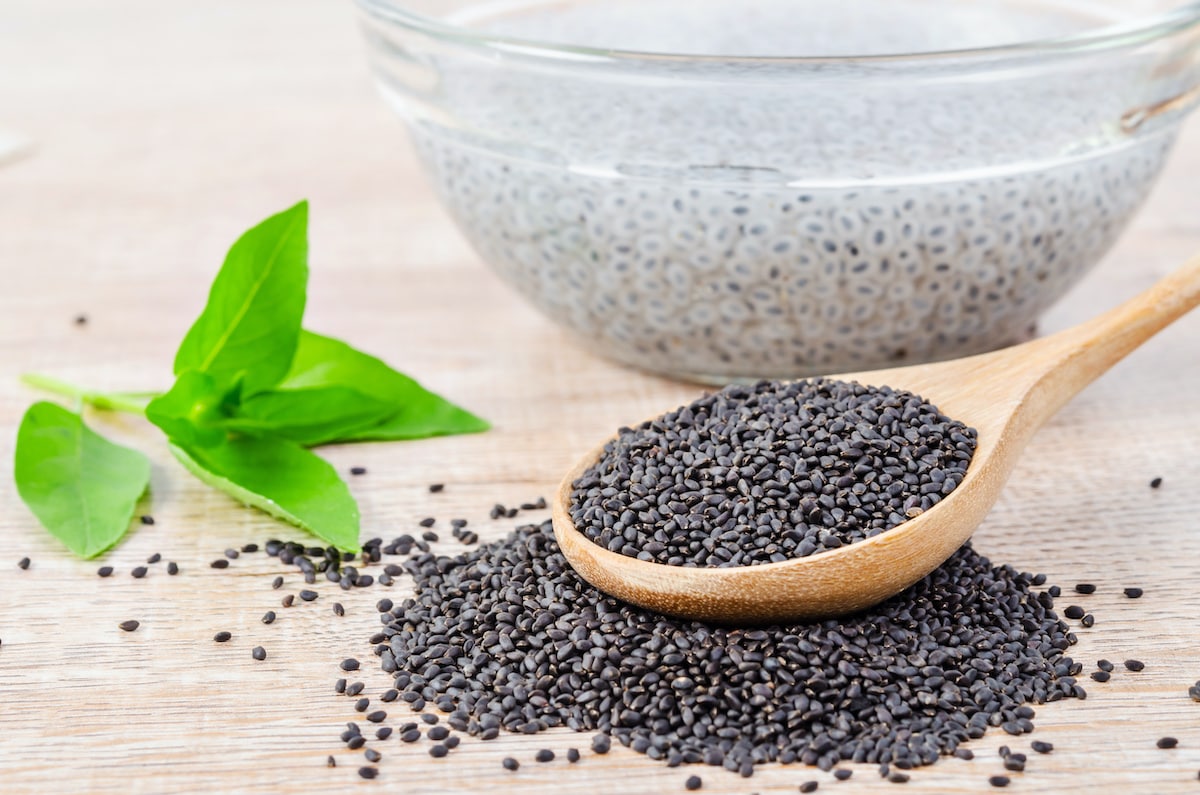
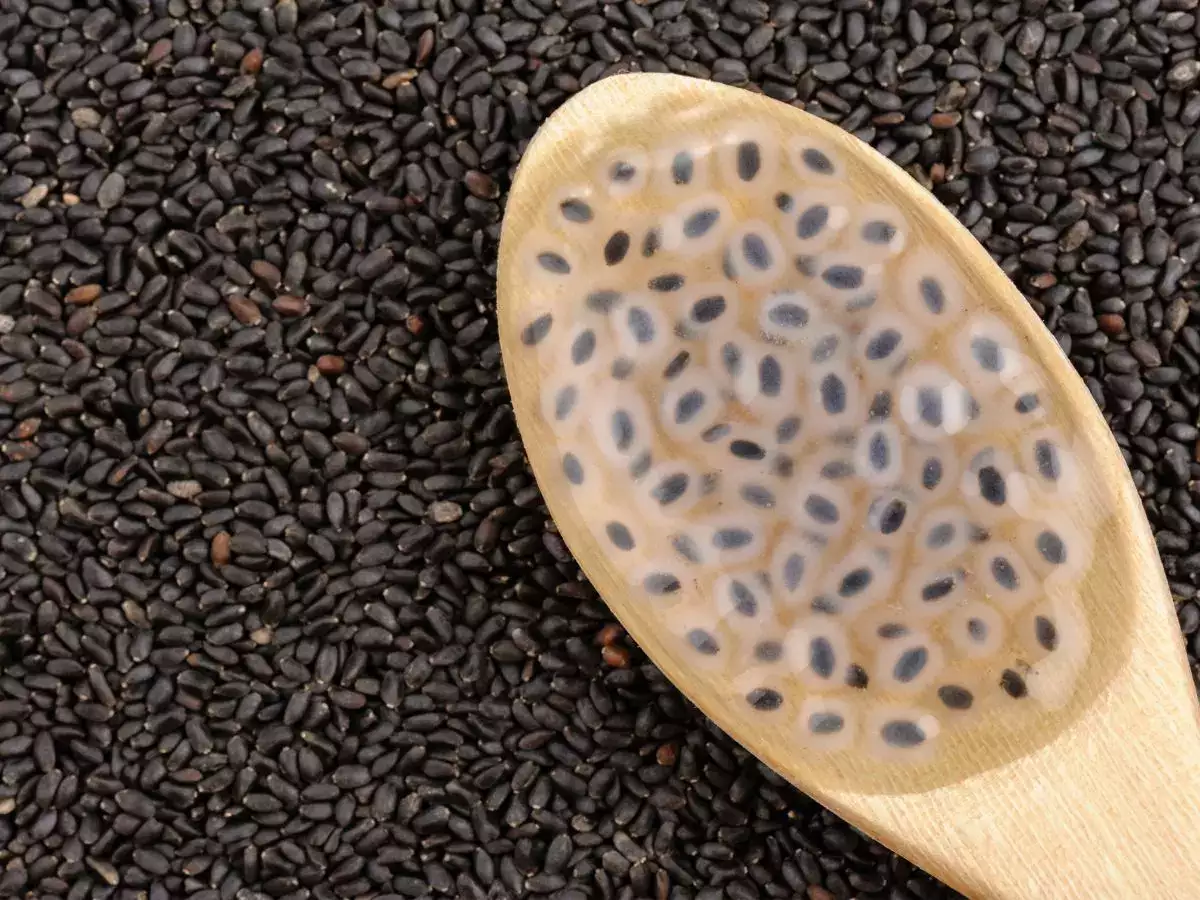
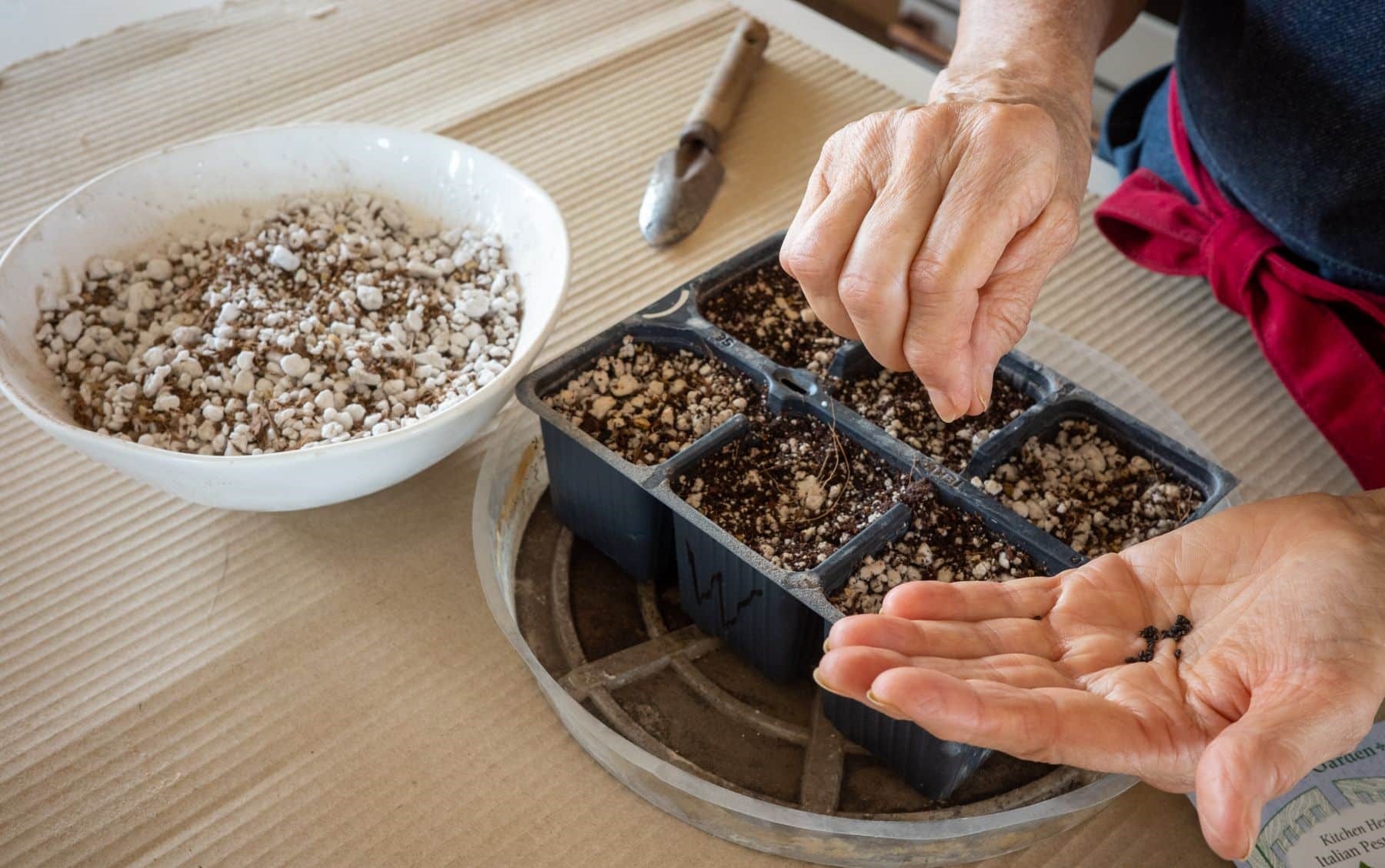
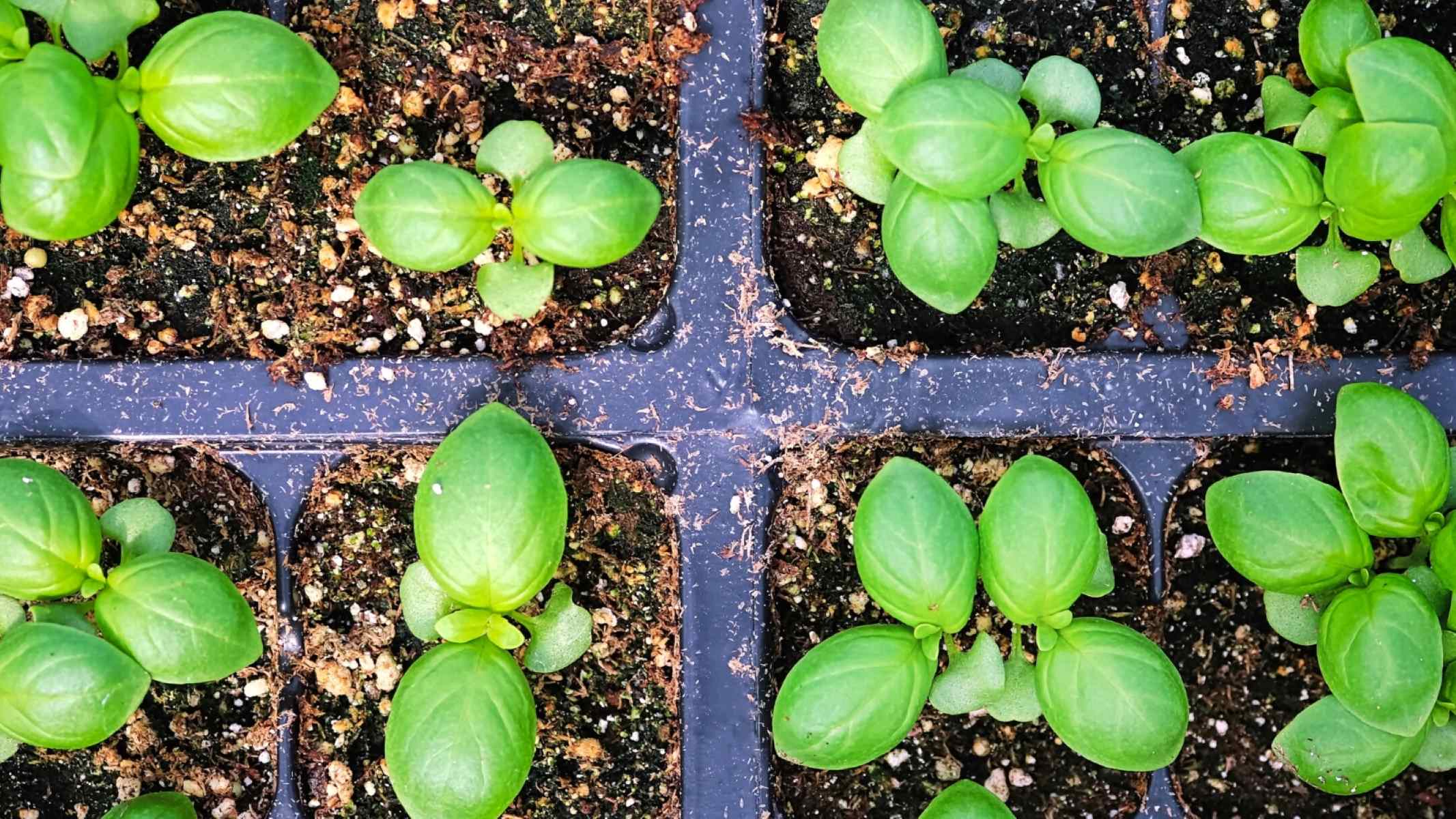
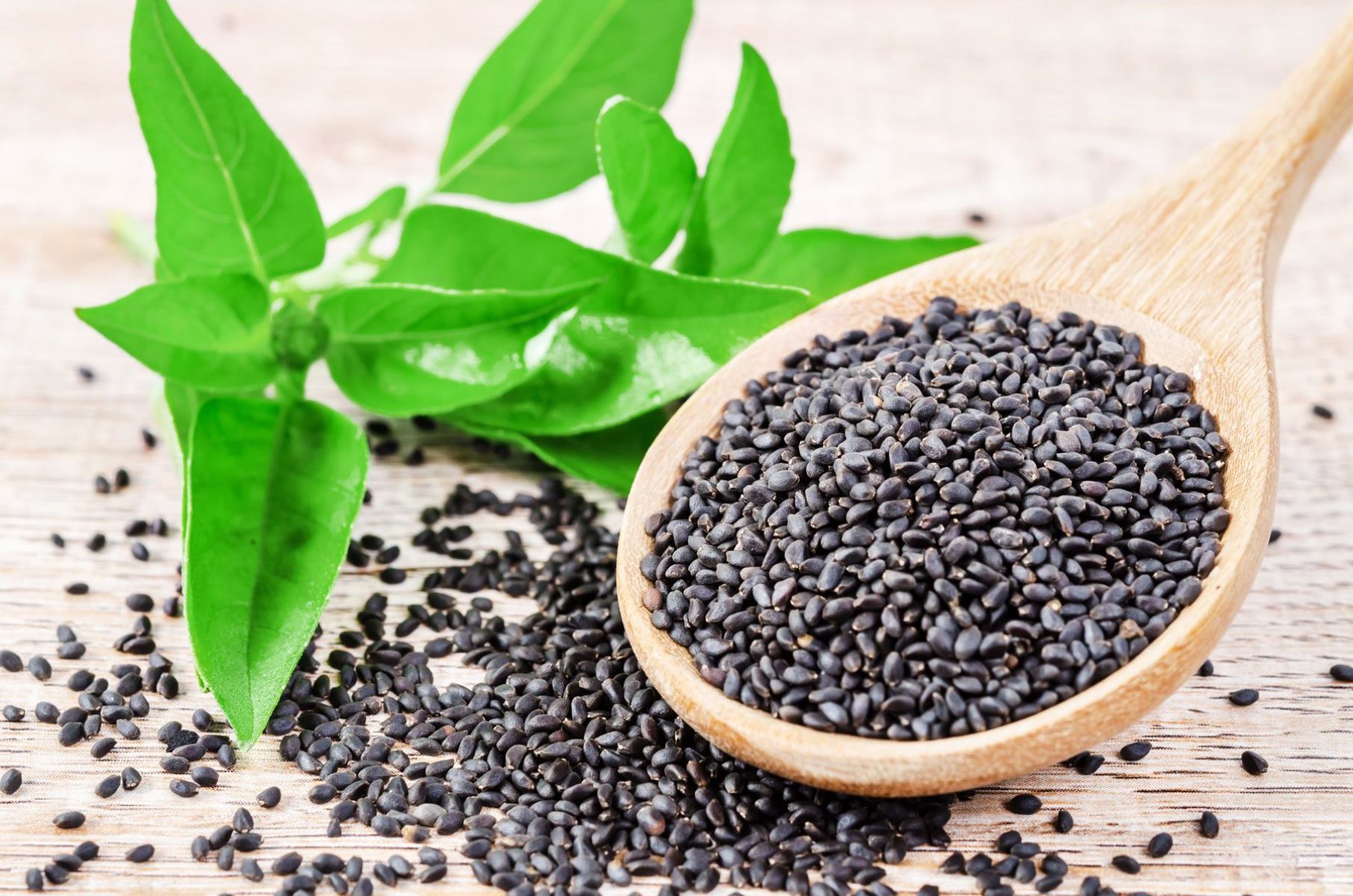
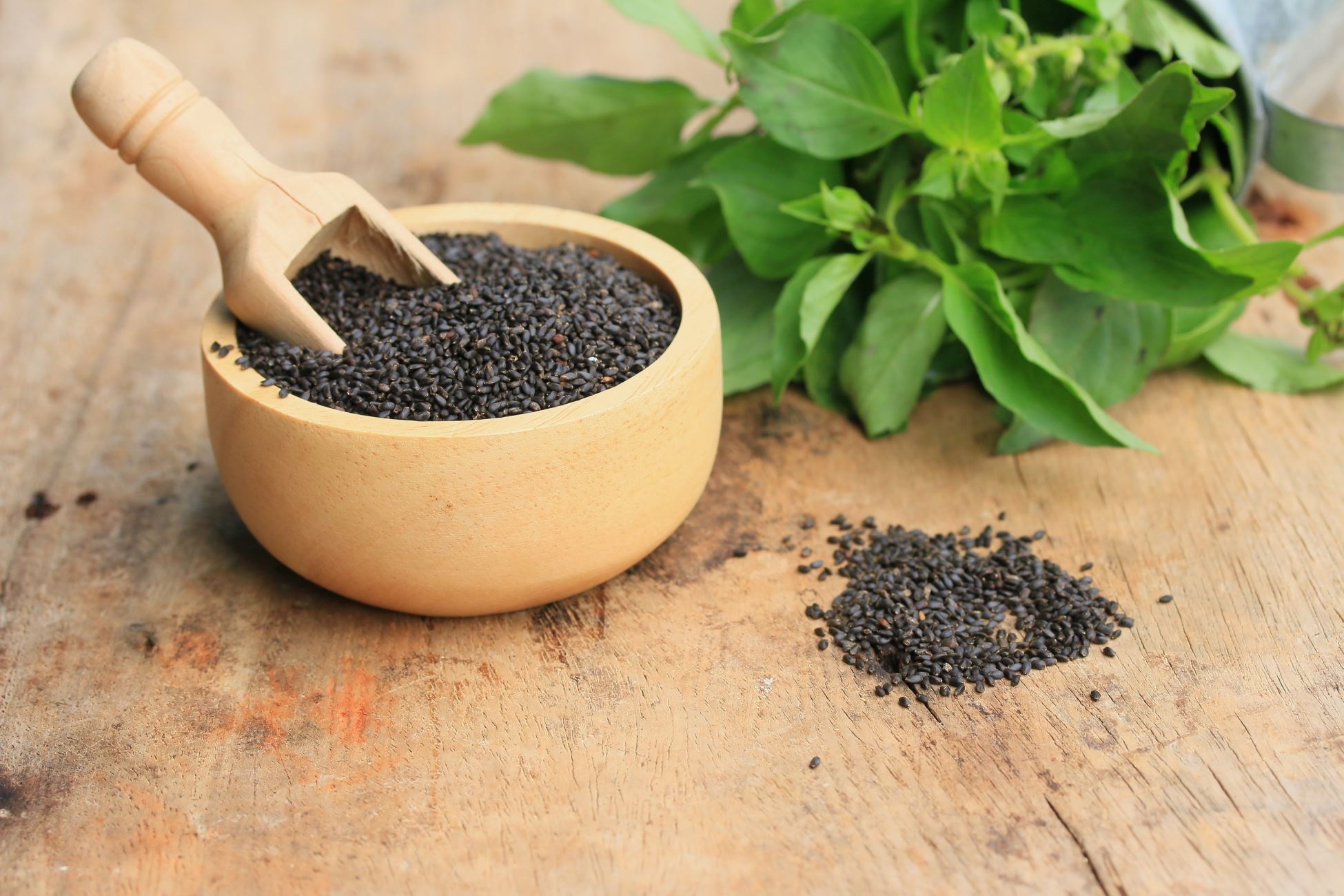
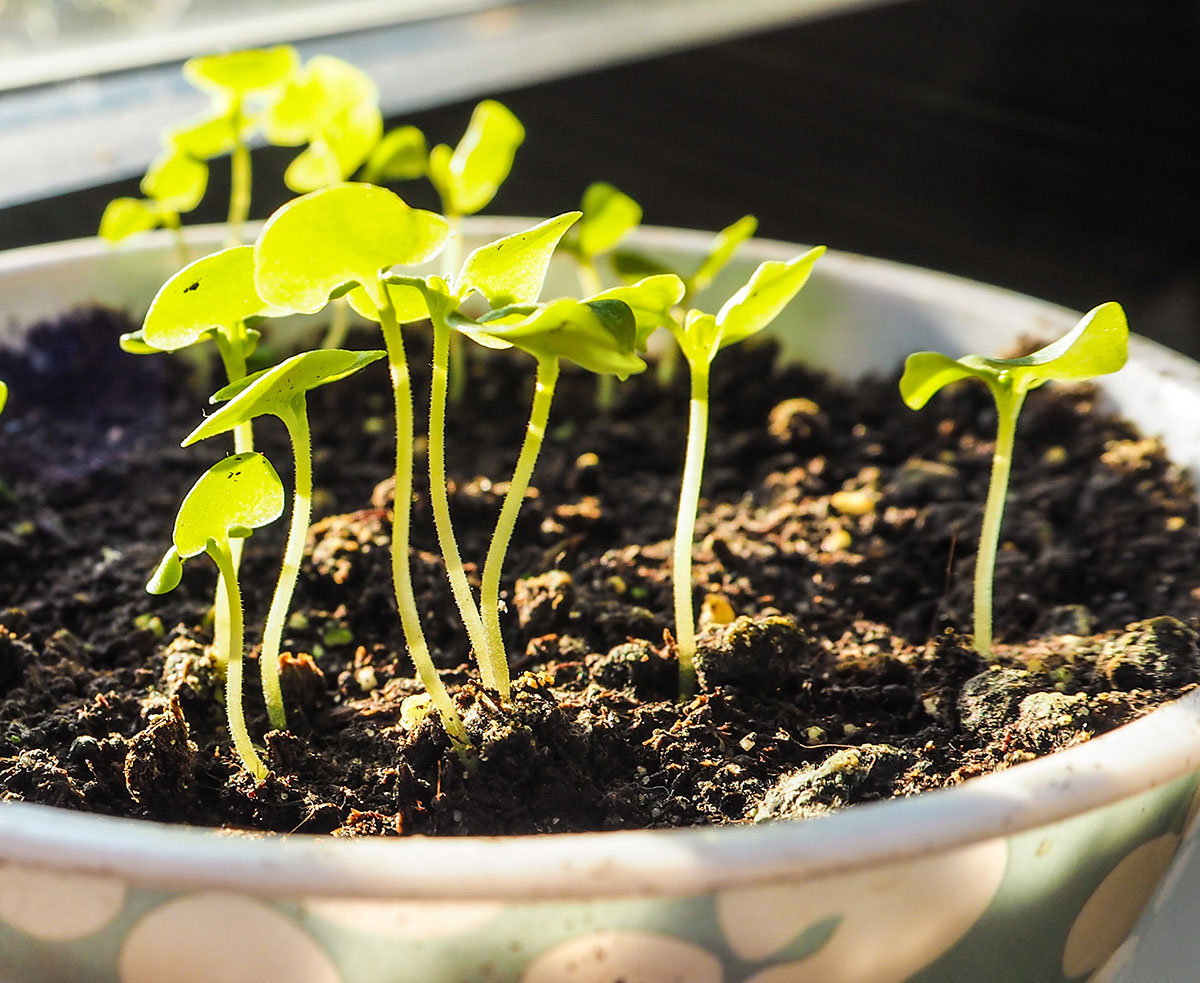
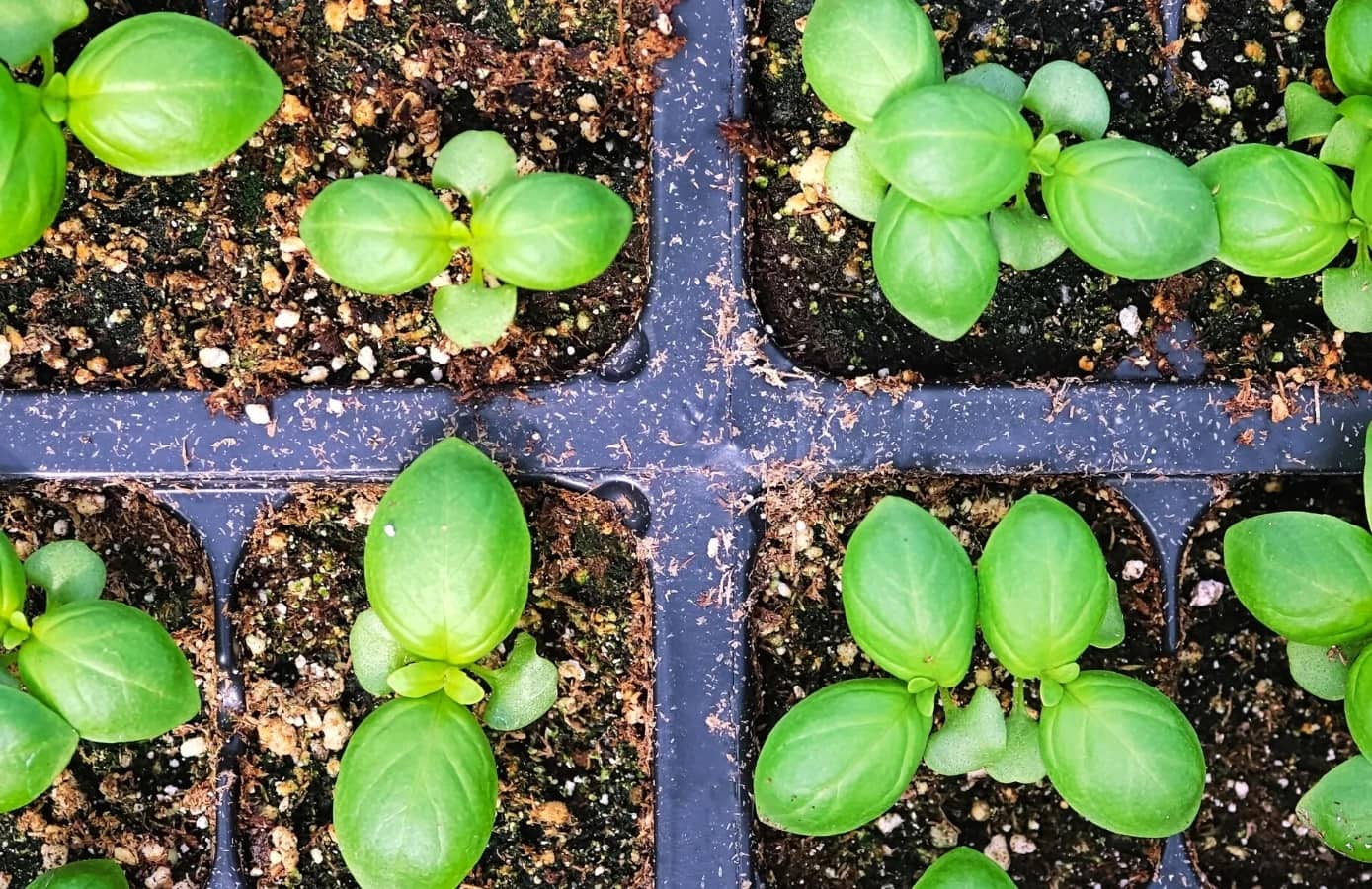
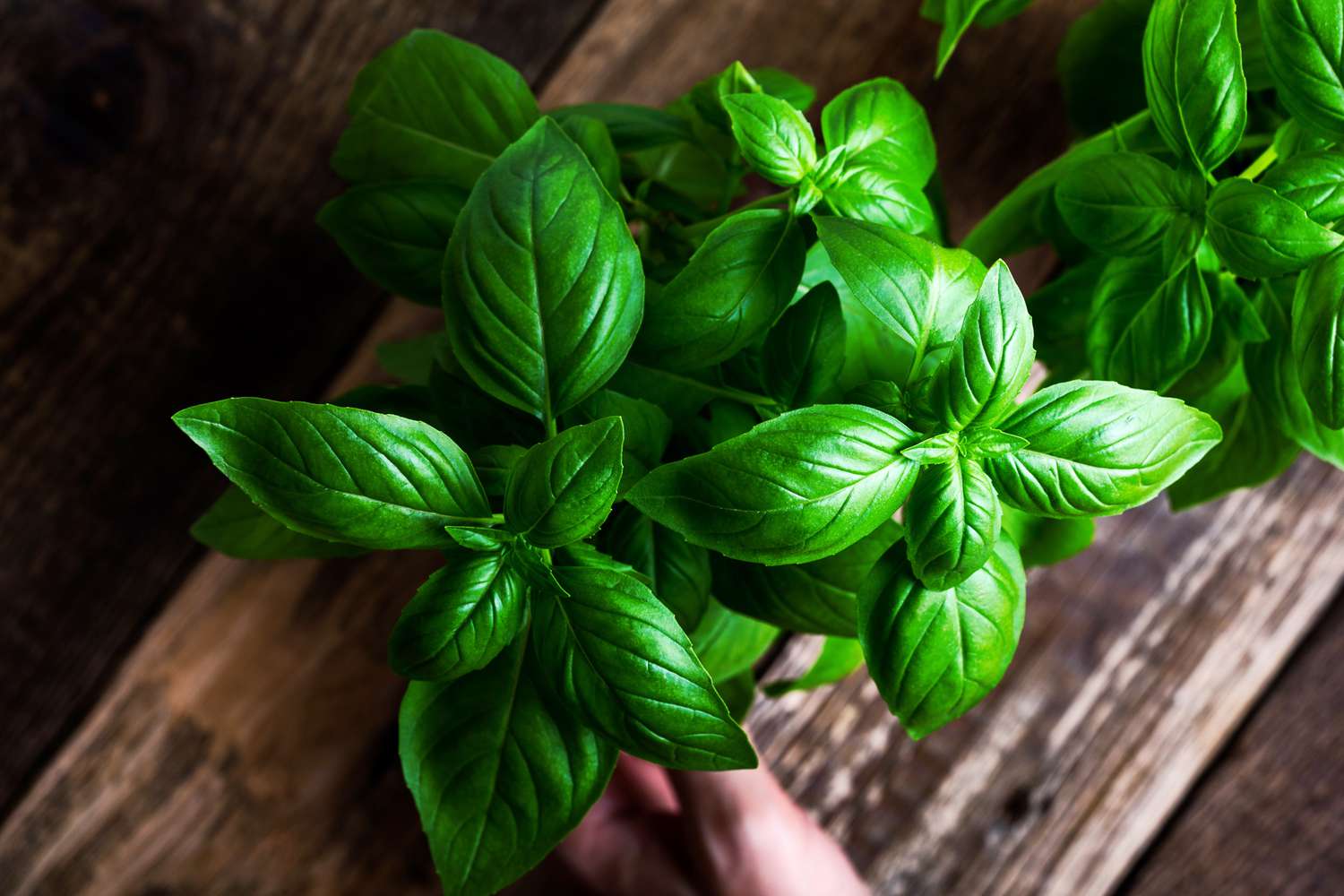
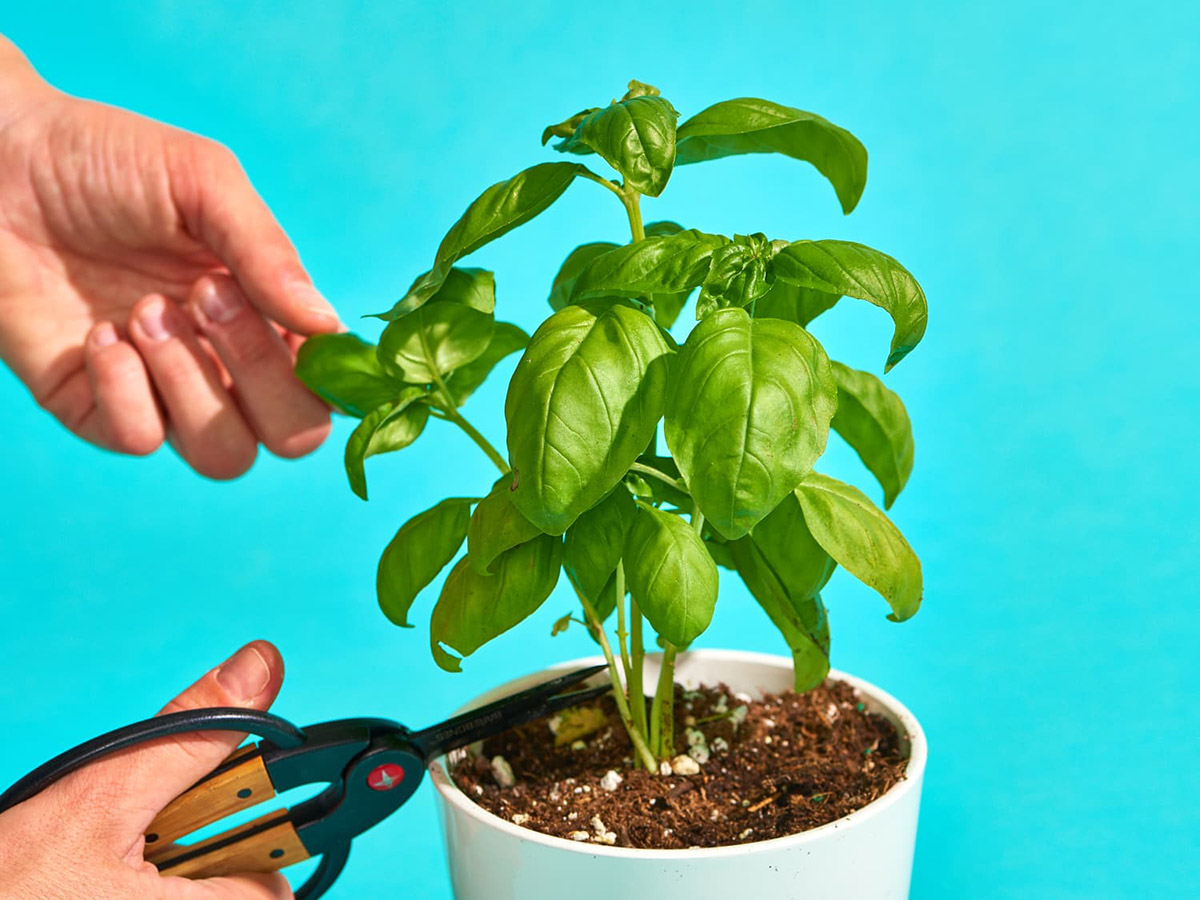
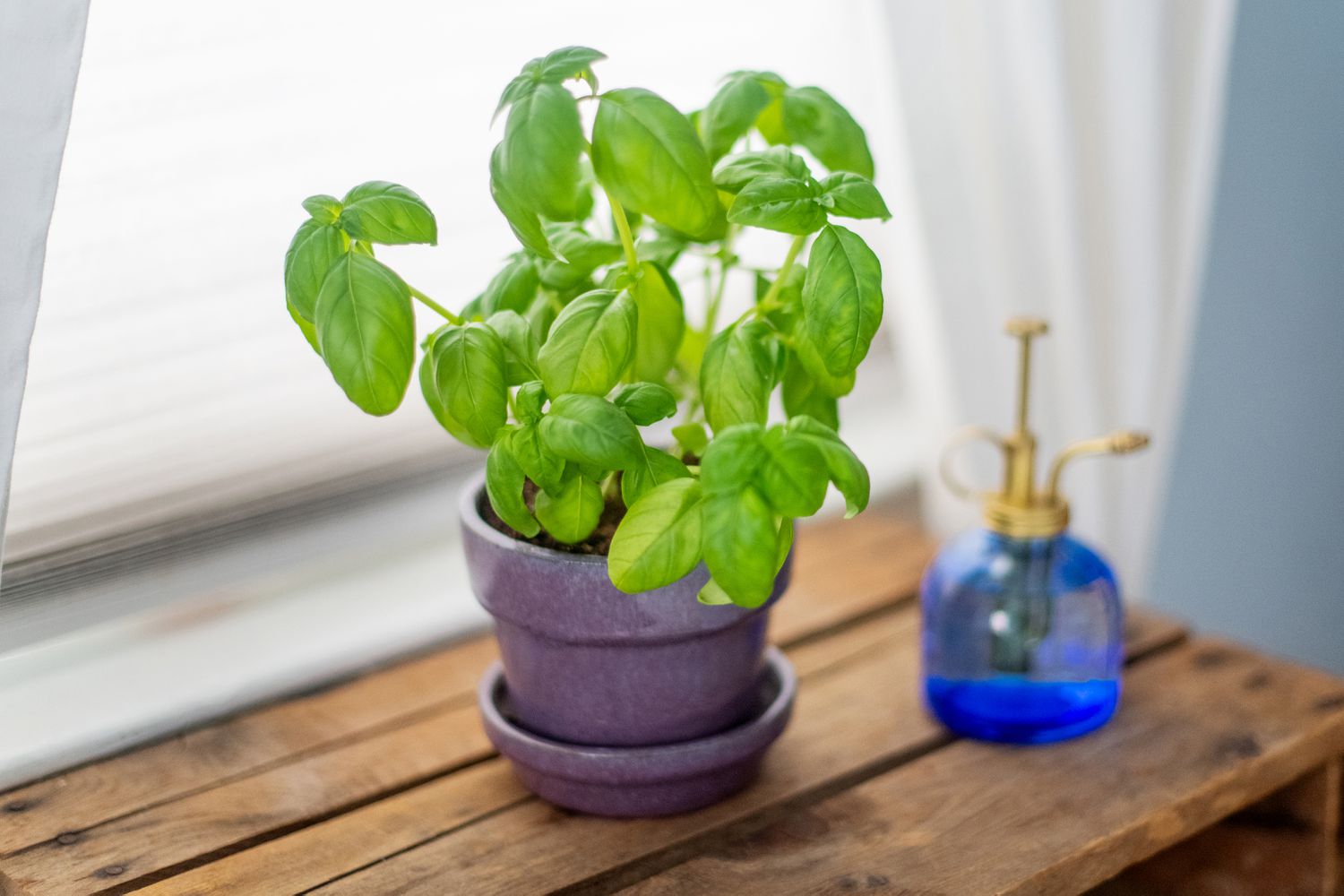
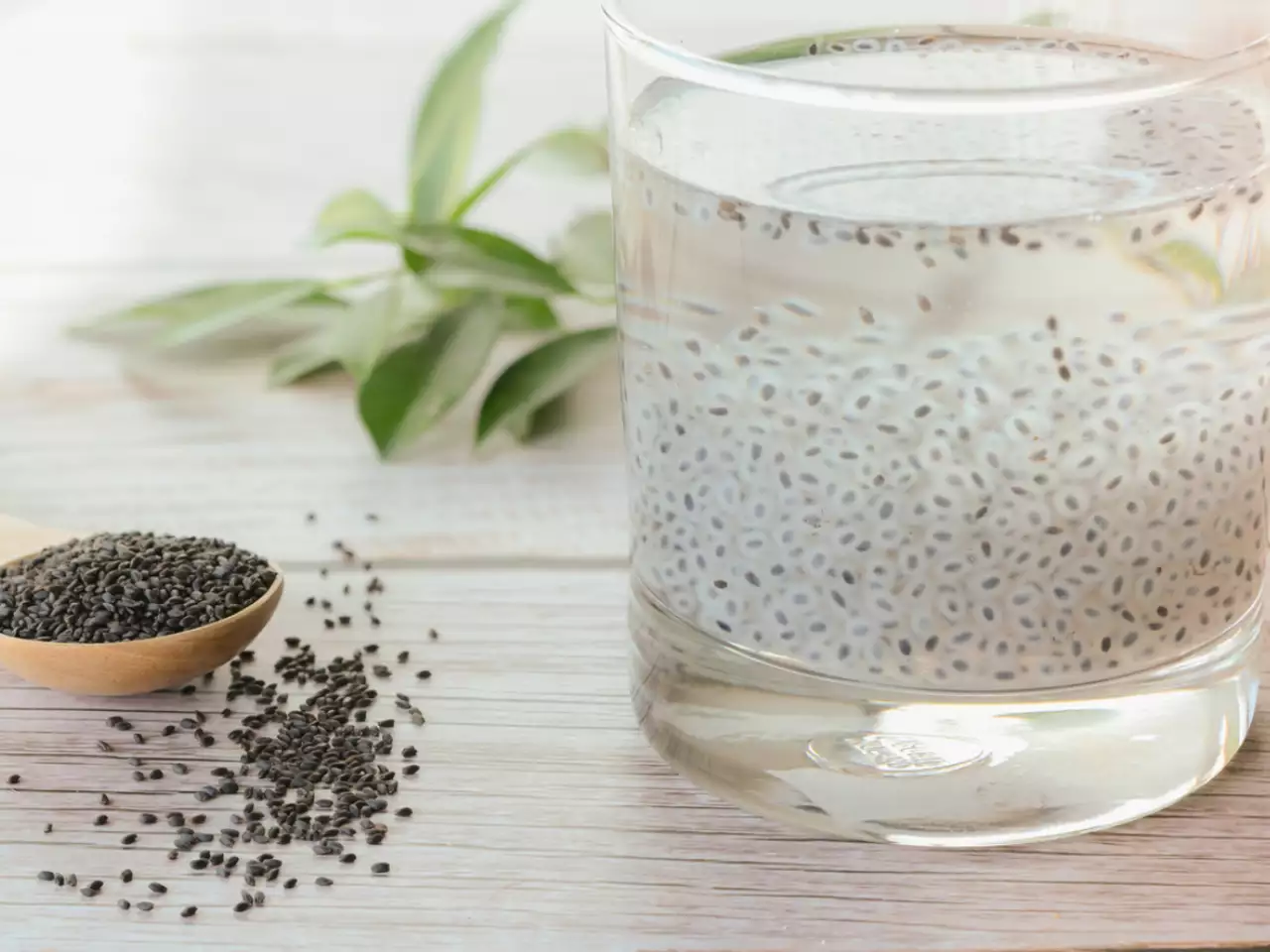
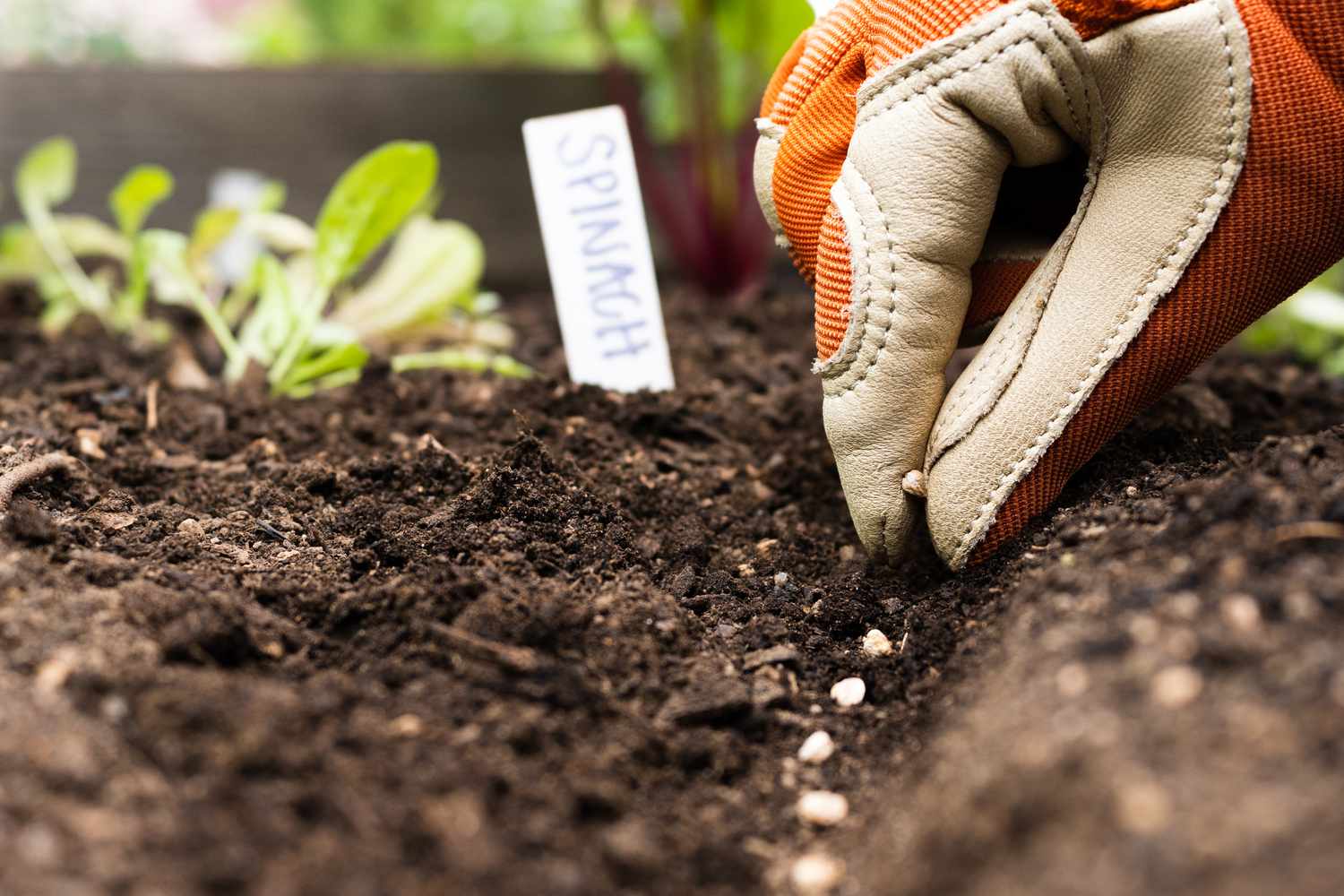

0 thoughts on “How To Get Basil Seeds”